What happens when a church ceases to believe in the transcendent, in heaven, in hell, when its god shrinks to manageable dimensions, when the hereafter is less important than the here-and-now?
It becomes obsessed – in those rare moments when it isn’t exploring the nether regions of homoerotic fantasies – with climate change.
Saving souls from overheating now is more important than in eternity.
As the headline trumpets: “Climate change tops agenda at WCC Assembly, say Canadian delegates”.
From the Journal:
Climate change tops agenda at WCC Assembly, say Canadian delegates
The top concern of this year’s World Council of Churches (WCC) Assembly was unquestionably climate change, says Canon Scott Sharman, the Anglican Church of Canada’s animator for ecumenical and interfaith relations.
The assembly also released statements on issues of reconciliation and unity, the war between Russia and Ukraine and the conflict between Israel and Palestine. But Sharman says the amount of discussion on climate change; the way it cropped up throughout plenary sessions on other topics, like racism and Indigenous issues; and even a march for environmental justice organized by delegates to the assembly all served to stress one central theme. In the words of a statement the WCC delegates released on the meeting’s last day, “We are running out of time. This Assembly is the last chance we have to act together to prevent the planet from becoming uninhabitable. In particular, no further delay is possible if we are to have any chance of staying within the safer limit of +1.5°C global warming and of avoiding vastly more catastrophic climate change.”
With the WCC only meeting every eight years, says Sharman, he and other attendees felt a sense of urgency to come together on an effective response.


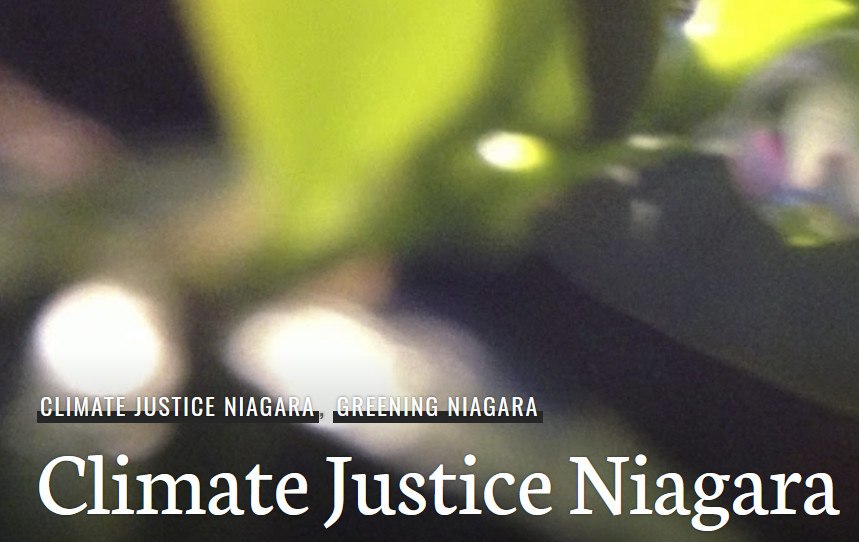 Our common home is also God’s own house, permeated by the Spirit of God from the dawn of creation, where the Son of God pitched his tent in the supreme event of the incarnation. (Joshtrom Isaac Kureethadam)
Our common home is also God’s own house, permeated by the Spirit of God from the dawn of creation, where the Son of God pitched his tent in the supreme event of the incarnation. (Joshtrom Isaac Kureethadam)
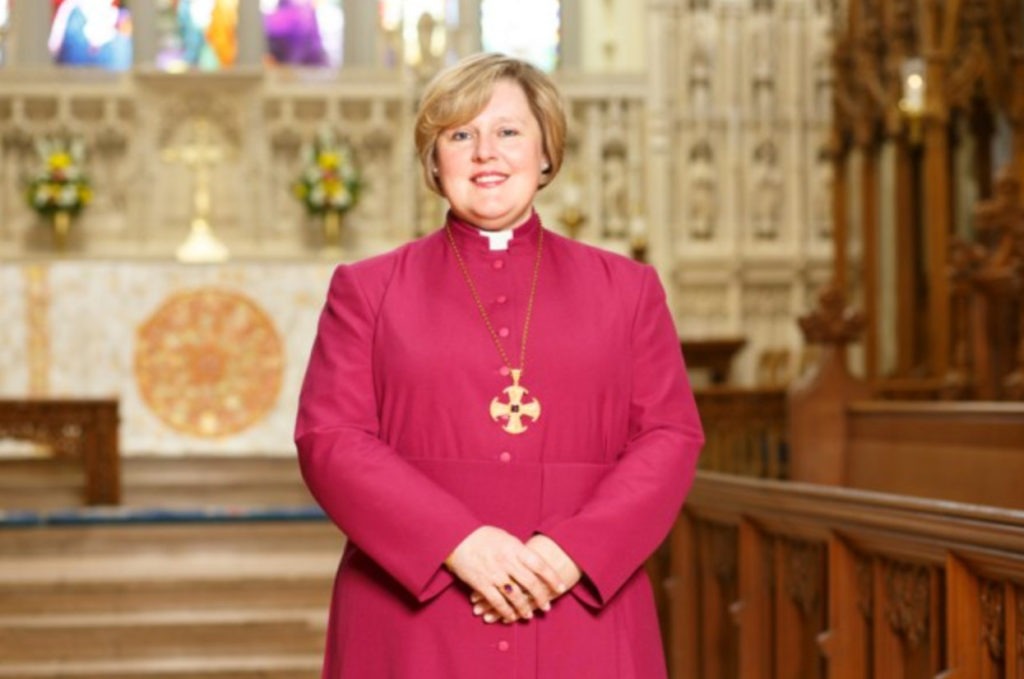 I want to talk to you about the future; and about some intimations about what we might be being called to – and maybe what we’re being called away from. All of that is much more interesting than the hand-wringing of recent weeks.
I want to talk to you about the future; and about some intimations about what we might be being called to – and maybe what we’re being called away from. All of that is much more interesting than the hand-wringing of recent weeks.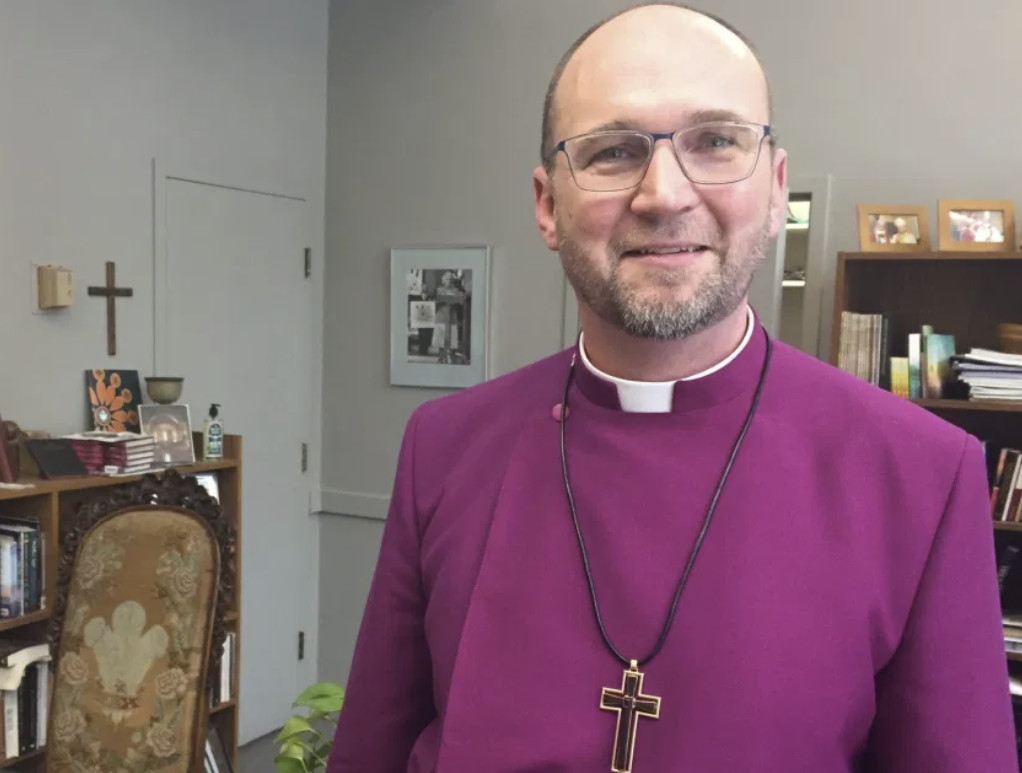 Reverend Canon Robert Todd Townshend is hoping to bring an environmental focus and action on climate change to Anglican churches across its Southwestern Ontario diocese.
Reverend Canon Robert Todd Townshend is hoping to bring an environmental focus and action on climate change to Anglican churches across its Southwestern Ontario diocese.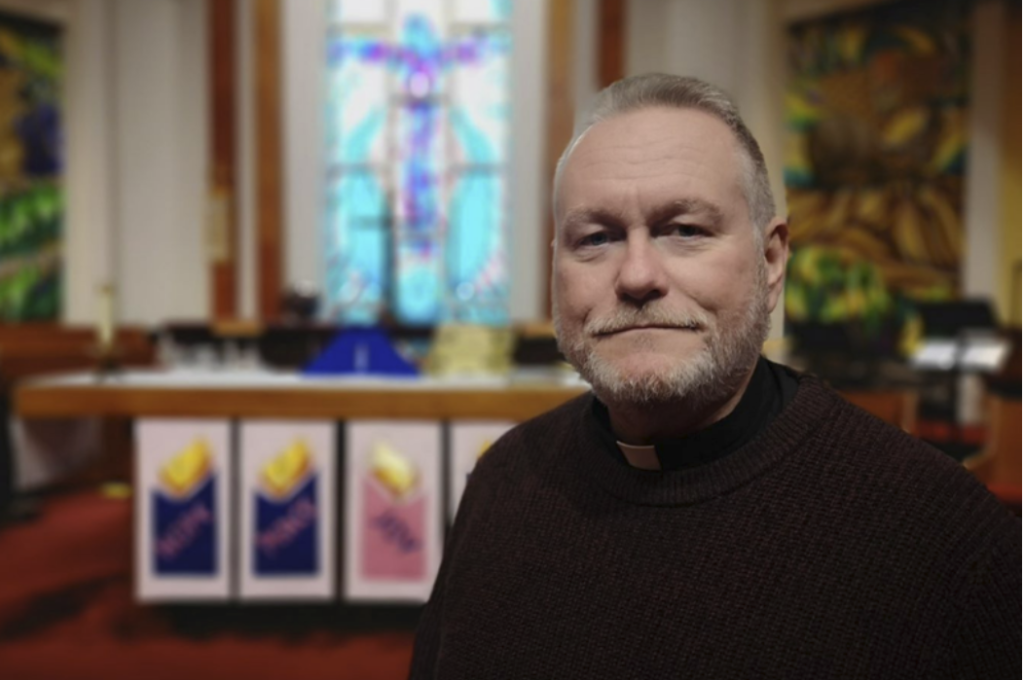 Anglican Diocese of Eastern Newfoundland and Labrador creates new position for climate-care animator
Anglican Diocese of Eastern Newfoundland and Labrador creates new position for climate-care animator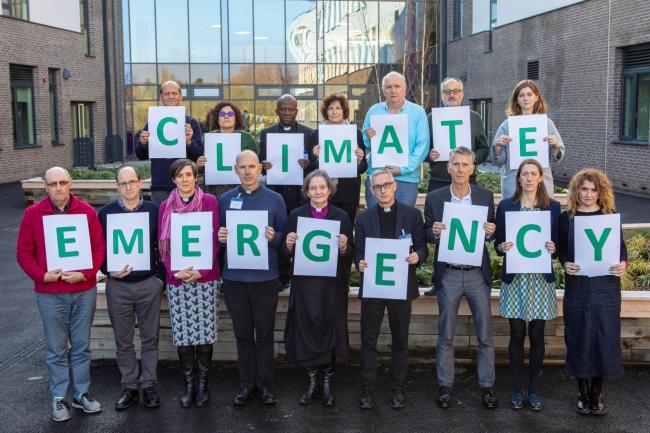 The Diocese of Bristol and
The Diocese of Bristol and 
 I may be wrong, but it seems to me that this was just a photo op for bishops to show off their new dentures.
I may be wrong, but it seems to me that this was just a photo op for bishops to show off their new dentures.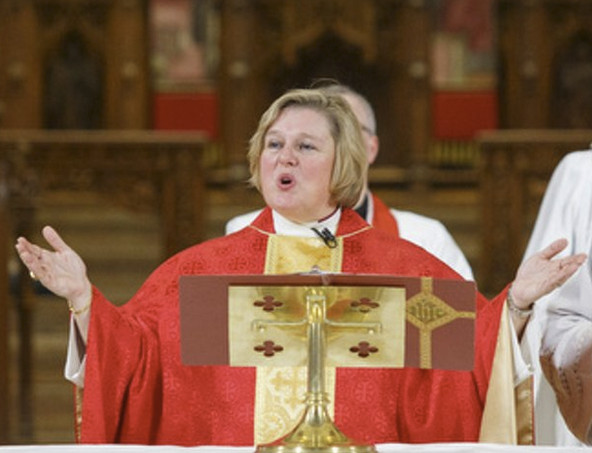 Although the climate crisis is not news, nor our lack of a speedy and effective response, the rising voices of our young people demanding that we take action on the most pressing issue of our time is striking. I cannot help but respond to the urgency that is being expressed in the climate strikes, inspired by Greta Thunberg, happening around the world this week, including here in our own diocese.
Although the climate crisis is not news, nor our lack of a speedy and effective response, the rising voices of our young people demanding that we take action on the most pressing issue of our time is striking. I cannot help but respond to the urgency that is being expressed in the climate strikes, inspired by Greta Thunberg, happening around the world this week, including here in our own diocese.